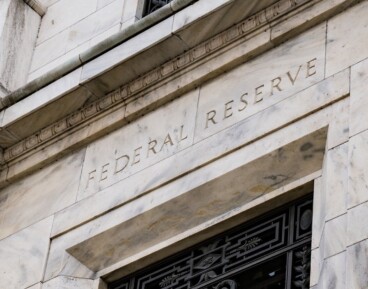German automotive industry at a crossroads
Kategoria: Business
Here’s an interesting interview on CNBC. Rick Santelli spoke to recent Nobel Laureate Eugene Fama ahead of the Federal Reserve FOMC meeting to get a sense from the economics professor of what to expect the Fed to do.
Most eyes are on the Fed’s quantitative easing program that has been used instead of interest rate policy to support economic activity because interest rates have hit the zero lower bound. Fama has been doing research on QE for the last six months. And he basically tells Santelli that QE in the Treasury market is an asset swap of short-term government debt for long-term debt. Fama’s depiction of QE is accurate and mirrors what we have often written here at Credit Writedowns. See Randall Wray’s 2010 post noting that QE2 Is Equivalent to Issuing Treasury Bills, for example.
In Fama’s view, the longer-term impact of QE is “no big deal” because he believes QE has some marginal effect on the term structure and that’s it.
In my view, where we should see QE having an impact is on private portfolio preferences as the signalling effect of policy accommodation induces investors to increase or reduce risk according to the signal they read from the Fed.
Note that Fama is implicitly saying that monetary policy’s effectiveness has been reduced dramatically because interest rates have hit the zero lower bound.
Video can be found here.


